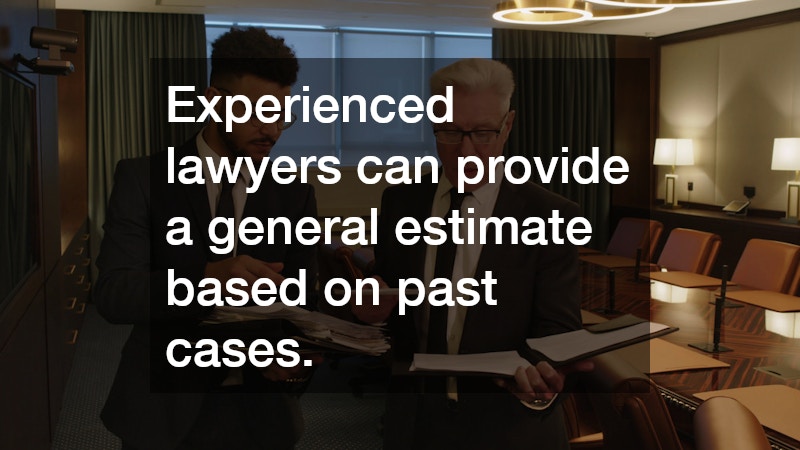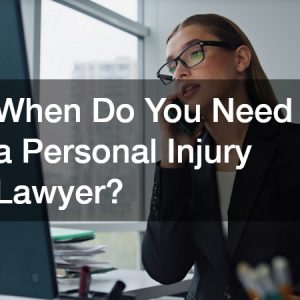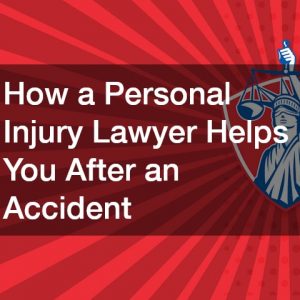Choosing the right legal representation can make a significant difference in the outcome of your personal injury case. A personal injury law firm not only helps you navigate complex legal procedures but also advocates for the compensation you deserve. However, not all firms operate the same way, and finding the right fit requires asking the right questions. Below are key questions you should ask before hiring a personal injury law firm, along with insights on why these questions matter.
1. What Is Your Experience With Cases Like Mine?
Personal injury law covers a wide range of claims, from car accidents and workplace injuries to medical malpractice and product liability. Each type of case involves unique laws, evidence requirements, and negotiation tactics. Asking about the firm’s experience with cases similar to yours ensures they understand the nuances involved.
For example, a slip-and-fall injury might require proof of property owner negligence, while a car accident claim may focus on insurance negotiations. A firm that has successfully handled cases like yours is better positioned to anticipate challenges and create a strong legal strategy.
2. Who Will Handle My Case Directly?
In some larger firms, the attorney you meet during your consultation may not be the one managing your case day-to-day. It’s important to clarify who will actually handle your file, as well as their qualifications. You’ll want to know whether your case will be handled by a senior attorney, a junior associate, or paralegals.
This information gives you a clearer picture of the level of attention and expertise your case will receive. If multiple team members are involved, ask how communication will be managed and who your primary point of contact will be.
3. What Is Your Fee Structure?
Most personal injury law firms operate on a contingency fee basis, meaning they only get paid if you win your case. However, the percentage they charge can vary, typically ranging from 25% to 40% of the settlement or judgment.
Be sure to ask about:
-
The exact percentage they charge.
-
Additional costs such as filing fees, expert witnesses, or court expenses.
-
What happens if you lose—do you still owe anything for out-of-pocket costs?
Understanding the financial agreement upfront avoids surprises later and ensures you’re comfortable with the terms.
4. How Do You Approach Negotiations With Insurance Companies?
Insurance companies are notorious for minimizing payouts or denying valid claims. An experienced personal injury law firm knows how to handle aggressive adjusters and build leverage during negotiations. Ask about their approach to dealing with insurers and whether they have a track record of securing favorable settlements without always resorting to trial.
Firms with strong negotiation skills can often resolve cases faster and with less stress for clients. On the other hand, you’ll want a firm that is also willing to take your case to court if the insurance company refuses to offer a fair settlement.
5. What Resources Do You Have to Build My Case?
Strong cases often require significant resources, such as access to medical experts, accident reconstruction specialists, and investigators. A well-equipped firm can gather compelling evidence that strengthens your claim. Ask whether the firm has these resources in-house or if they partner with outside experts.
The availability of these resources shows the firm’s ability to handle even the most complex cases and helps you gauge their commitment to pursuing your claim thoroughly.
6. How Long Do You Expect My Case to Take?
While no attorney can predict the exact timeline of a case, experienced lawyers can provide a general estimate based on past cases. Some claims may resolve in a few months through settlement, while others could take years if they go to trial.
Asking about the expected timeline helps you set realistic expectations. It also gives you insight into how the firm manages cases and whether they prioritize efficiency without sacrificing quality.
7. What Is Your Track Record With Settlements and Trials?
Success rates are a crucial factor when choosing a firm. Ask how often they settle cases versus taking them to trial, and what their success rates are in both scenarios. A firm with a strong history of trial victories may give insurers more incentive to settle fairly, knowing the attorneys are not afraid to fight in court.
This question also helps you understand the firm’s strategy: do they push for quick settlements, or do they prepare each case as if it’s going to trial? The answer will reveal a lot about how they operate.
Choosing the right personal injury law firm is one of the most important steps you can take after an accident or injury. By asking the right questions—about experience, fees, resources, and communication—you set the foundation for a strong attorney-client relationship. Remember, you deserve a firm that not only has the skills and resources to win your case but also treats you with respect and keeps your best interests at the forefront.
Taking the time to ask these questions ensures that you make an informed choice, ultimately increasing your chances of achieving a fair outcome and the compensation you deserve.






